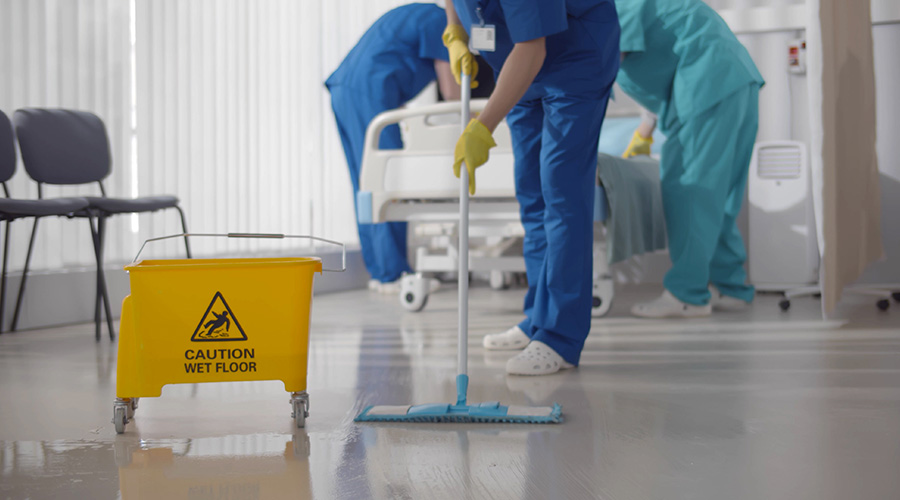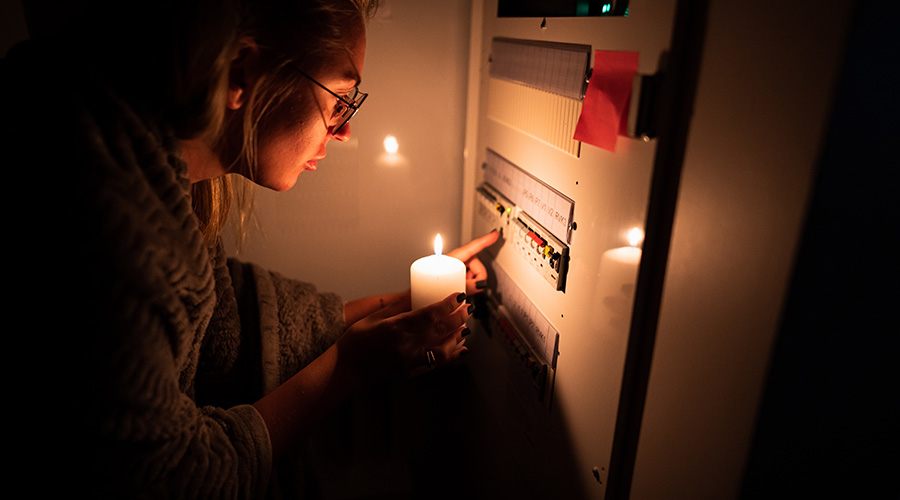EarlySense, the market leader in contact-free continuous monitoring solutions, announced new research that confirms high accuracy of its home consumer sensor when compared to polysomnography (PSG), the testing process used in clinics around the world to detect sleeping disorders. The peer-reviewed study, published in theDecember issue of the Journal of Clinical Sleep Medicine, found 92.5% agreement between LIVE by EarlySense and the PSG system.
The study, led by Prof. Asher Tal, Head (Emeritus) and founder of the Pediatric Pulmonary Unit and Sleep Center at Soroka Medical Center - Faculty of Health Sciences, Ben-Gurion University of the Negev in Israel, evaluated EarlySense’s Contact-Free technology for sleep monitoring. Eighty-five nights were compared using both EarlySense and a PSG system, in the sleep lab and at the subjects' homes.
"The results of this study confirm that the tested sensor is highly accurate in detecting sleep and wake states relative to polysomnography," said Prof. Tal. "Even under the most challenging conditions, with the subject sharing his or her bed with a partner, the sensor was able to accurately detect individual vital signs and sleep cycles in a non-invasive manner. This technology is well suited for continuous observation of patients in their natural environment.”
The study noted the advantages of Contact-Free Monitoring when compared to other solutions, including smartphone-based apps that lack validation and actigraphy, which requires a device to be worn on the wrist. Furthermore, the study found that the EarlySense sensor, which is placed under a mattress, was not impaired by environmental factors such as mattress type or having a second person in bed.
"The results of this study are remarkable, highlighting the clinical accuracy of EarlySense’s monitoring technology, which has been previously used by hospitals and is now being adapted for home use,” said Dr. Zvika Shinar, Chief Scientist Officer of EarlySense. “Our technology empowers people to learn more about their sleep and monitor themselves at home in the most comfortable manner, without having to be hooked up to uncomfortable wires.”
This latest study adds to the growing body of research that supports the accuracy of Contact-Free Continuous Monitoring. In addition to its medical solutions for hospitals and nursing homes, EarlySense recently launched LIVE, the first clinically-proven contact free health tracker to be made available to American consumers.

 Building Sustainable Healthcare for an Aging Population
Building Sustainable Healthcare for an Aging Population Froedtert ThedaCare Announces Opening of ThedaCare Medical Center-Oshkosh
Froedtert ThedaCare Announces Opening of ThedaCare Medical Center-Oshkosh Touchmark Acquires The Hacienda at Georgetown Senior Living Facility
Touchmark Acquires The Hacienda at Georgetown Senior Living Facility Contaminants Under Foot: A Closer Look at Patient Room Floors
Contaminants Under Foot: A Closer Look at Patient Room Floors Power Outages Largely Driven by Extreme Weather Events
Power Outages Largely Driven by Extreme Weather Events